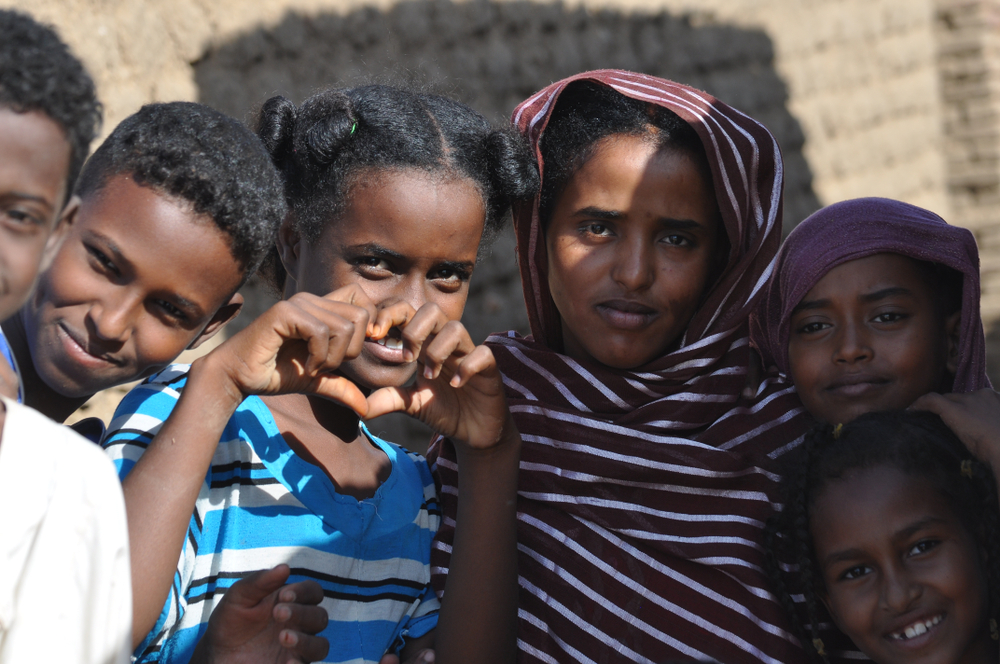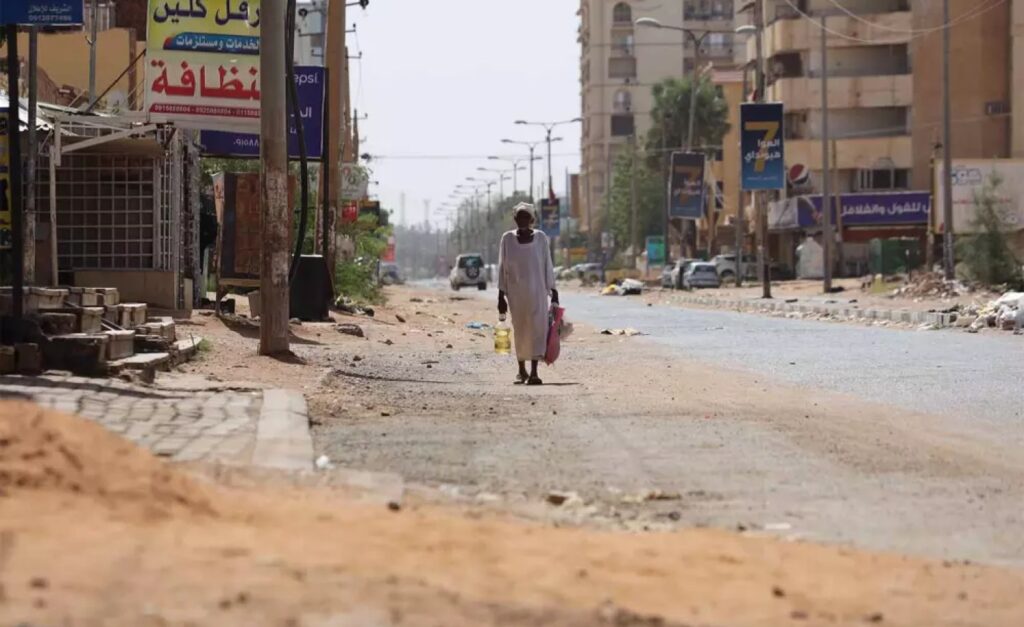Our Story
About Child Smile Foundation
CSF is one of the leading national non-governmental organizations in Sudan with an operational presence across 12 states in the country. Founded in 2021 as a voluntary association and fully registered with HAC in 2024. CSF’s mission is to provide dignified support to people affected by crises to enable them to lead a dignified and prosperous life.
CSF has offices in Port Sudan, North Kordofan, West Kordofan, Northern and White Nile as well as liaison offices in many other regions. CSF specializes in responding to humanitarian emergencies, bridging the gap between crisis and resilience as well as long-term developmental projects with a track record in implementing high-quality health and nutrition, food security and livelihood, education, protection, and WASH interventions. Our programming has the distinct attributes of applying a bottom-up approach that puts the communities, and local authorities we work with at the center of our programs


Mission
The mission of CSF is to protect and promote human rights and improve the status of livelihood by placing measures and prevention on disaster issues that arise in hardship and war-affected communities, that affect children, youth, and women and to enable them to equally and actively participate in all affairs of life directly linked with them.
Vision
Achieve a society where women, children, and youth’s rights are protected, respected, and recognized and as a result, they survive and thrive.
Organisational Goals
- To partner with affected groups to provide capacity-building programs to enable them play a vital role as “Change Agents” in health campaigns and promotion to bring sustainable development in their communities.
- To repair, manage disasters, mitigate risks, and disrupt the cycle.
- To partner with local communities and other stakeholders to help in the recovery of human dignity and livelihood that have been affected by disasters.
- To provide rehabilitation and restore infrastructure i.e. shelter, health, and educational facilities to the displaced families.
- To initiate projects that shall develop families and help reinstate them economically.
- To manage impairment caused by the disaster and to mitigate future preventive measures.
- To champion programs that pertain to WASH, Protection, Nutrition, and hygiene.
- To sensitize policymakers and society at large about their concerns and approaches through a Participatory Rights-Based Approach
